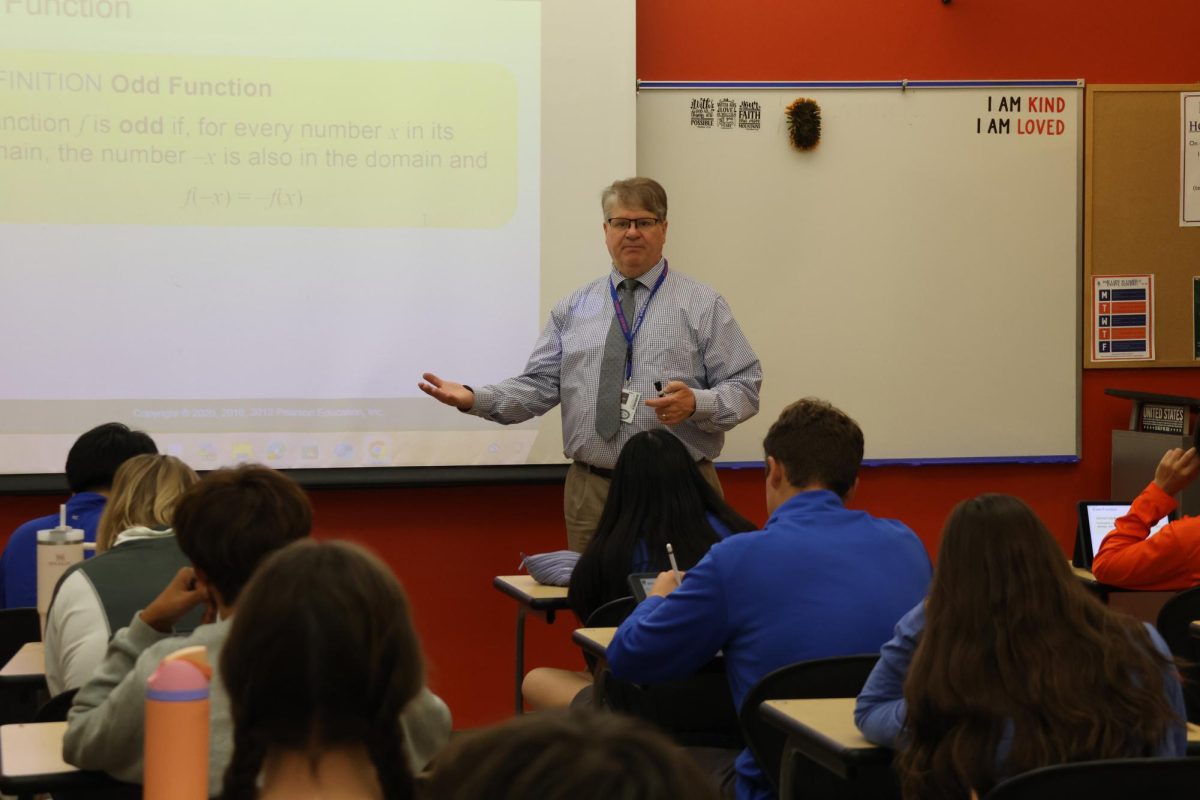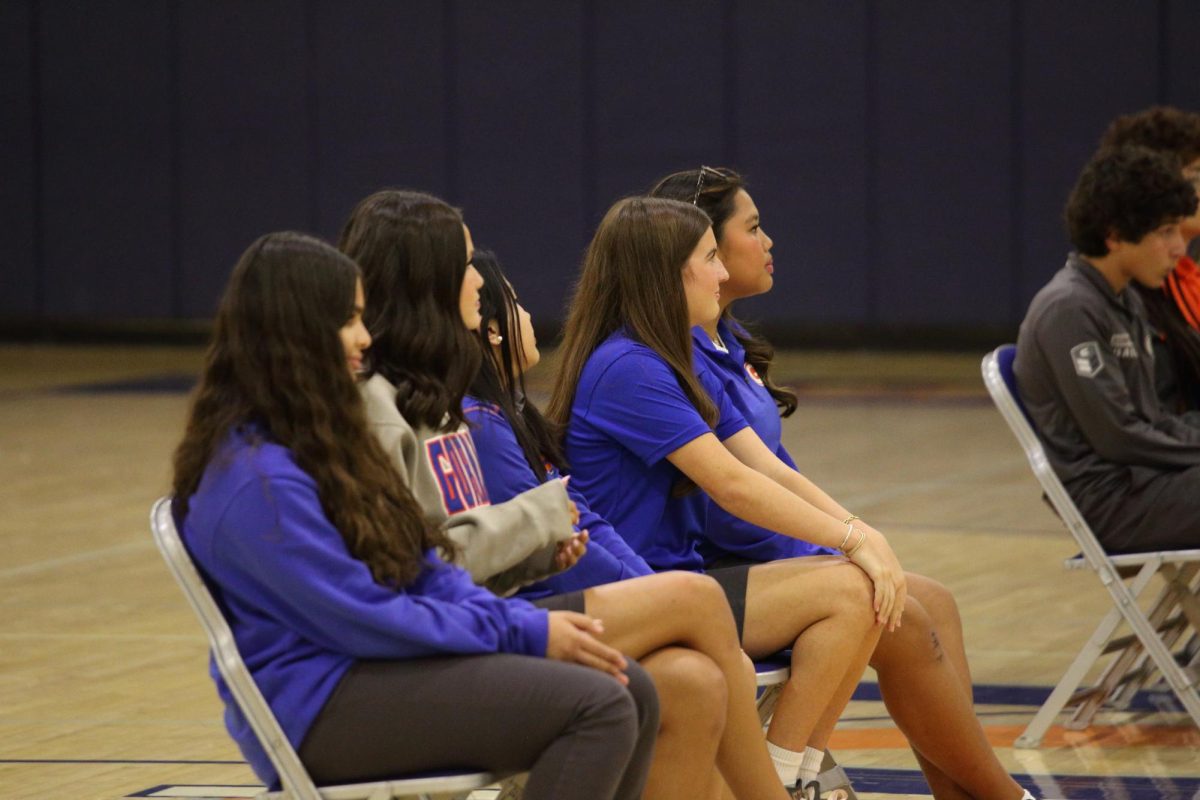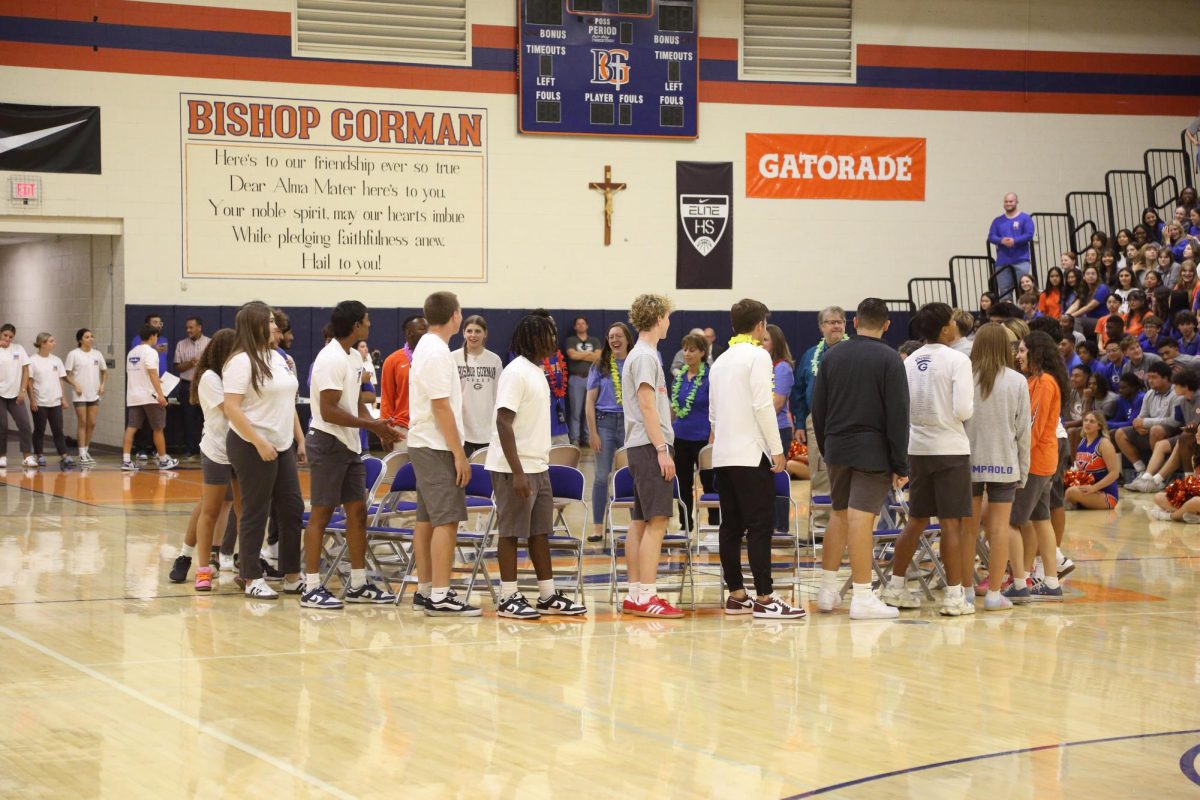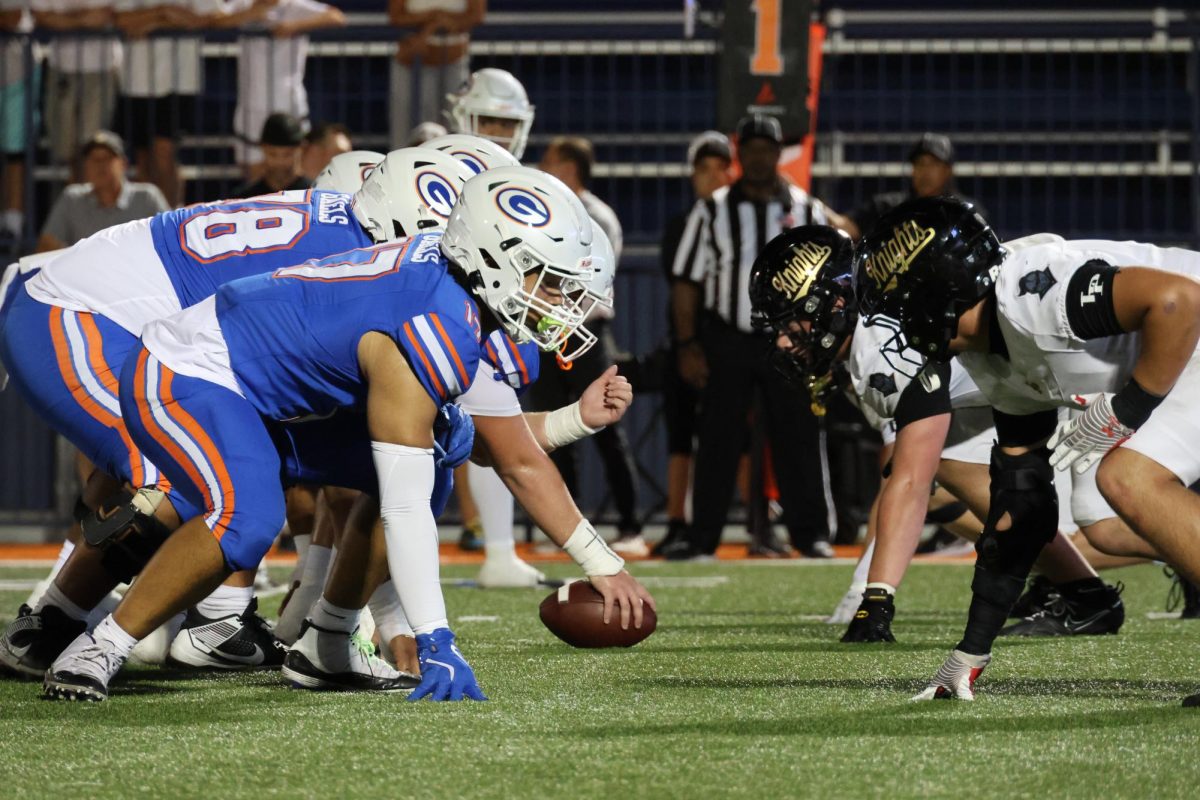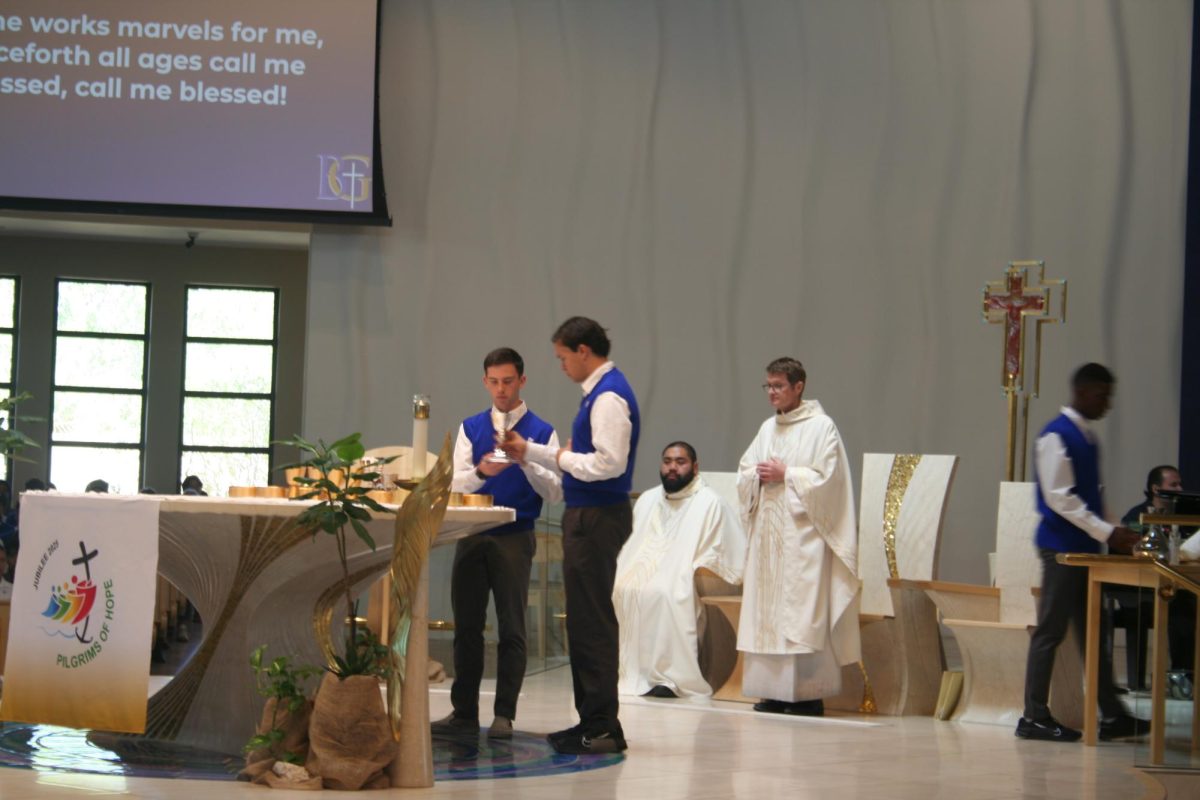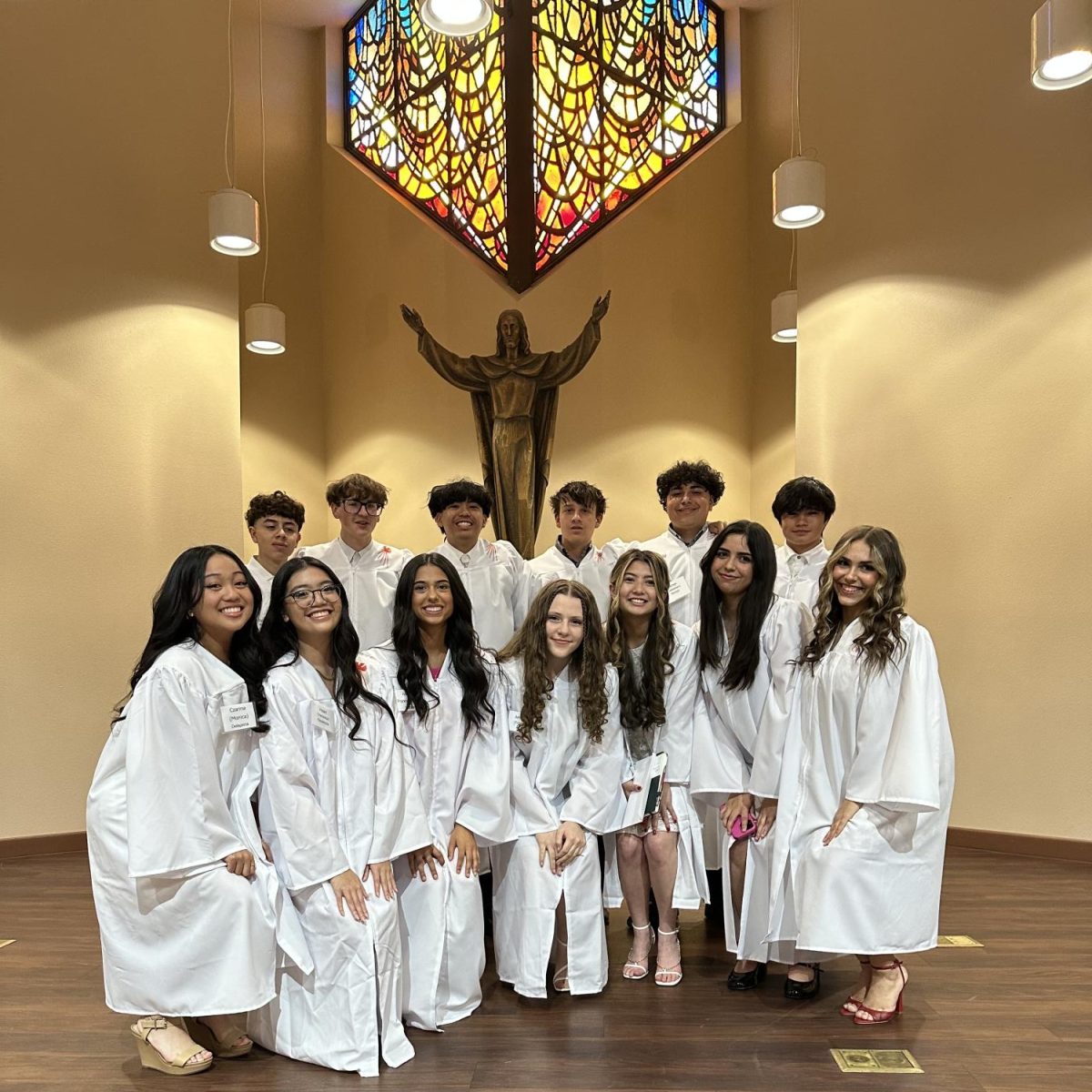Hymns for the Heroes: Orpheus and Eurydice
A playlist dedicated to the myth of Orpheus and Eurydice
Track I: Would That I – Hozier
“My heart moves to its feet
Like the ashes of ash
I saw eyes in the heat
Feel it soft and as pure as snow”
From a lyrical perspective, “Would That I” by Hozier is a metaphor for a love that burns the attachments of the past. A love that is like a fire: one that is destructive, yet warm and nurturing. This is a love that Orpheus and Eurydice had: one that is so warm that it would push Orpheus to go down to the Underworld for her, but one that ends in the destruction of both parties.
Track II: Exeunt – The Oh Hellos
“Warm and bright as fire devouring timber
No, I cannot trust what you say when you’re grieving
So, my love, I’m sorry, but still, I am leaving”
Exeunt is a song of contradictory thoughts that comes from one poet. On one hand, he is lost in beautiful nostalgia of the time he and his lover spent together. On the other, he knows he must leave and put that relationship behind him. This song was chosen because the lyrics fit Eurydice’s last thoughts before she dies. Whether she is bitten by the snake on the snake as in the original myth, or listeners prefer a modern telling where she chooses to go to the underworld herself: the contrast between nostalgic love and inevitable leaving fit any interpretation.
Track III: The Wisp Sings – Winter Aid
“Let me sleep
I am tired of my grief
And I would like you
To love me, to love me, to love me”
After Eurydice’s death, Orpheus is so grief stricken that he can only muster himself to sing sad songs. The songs are so melancholic, that all nature became stuck with grief as well. “The Wisp Sings” is a song about the grief of a lost loved one and the time the narrator will never get with them.
Track IV: Epic III – Hadestown (Live)
“But the heart of a man is a simple one
Small and soft, flesh and blood
And all that it loves is a woman
A woman is all that it loves”
“Epic III” from Hadestown takes place when Hades asks Orpheus to sing a song to convince him to let Eurydice leave the Underworld. Orpheus sings the song of Persephone and Hades’ love, while paralleling Hades’ undying love for his wife to his love for Eurydice. Filled with whimsical orchestration and poetic lyrics that feel otherworldly, listeners are truly convinced that Orpheus is the most talented poet of his time. Anaïs Mitchell may have written the best retelling of the Orpheus and Eurydice myth, because it is hard to imagine any other song that would have convinced Hades to let Eurydice go.
Track V: Underground – Cody Fry
“Then a light shown through the black
I was standing on a track
That little light began to grow
There was no where I could go
Oh oh and the ground began to shake
No time left to hit the brake
That little light was closing in
And suddenly I’m floating
Love I see you now, oh
You found me here underground”
The lyrics of Cody Fry’s “Underground” fits the narrative of Orpheus and Eurydice’s trip back up from the underworld from Eurydice’s perspective. As they get closer to the surface, the light from the world up above begins to grow. In many interpretations, Orpheus makes it out of the underworld but turns around before Eurydice can leave completely. “Love I see you know, oh/ You found me here underground” coincides perfectly with when Orpheus turns around and they see each other. Knowing that they failed, Eurydice has to return underground to the world of the dead.
Track VI: Bird Song – Florence and the Machine
“Saw what I’d done.
He set up a nest outside,
And he sang about
What I’d become.”
“Bird Song” is included in the playlist as the song that represents the guilt and insanity Orpheus goes through after he turns around and dooms Eurydice to the Underworld. The fact that he turned around haunts him, and drives him to a depressive madness. This depressive madness would lead him to reject the Maenads, who kill him by dismemberment. The guilt, shame, and repetitiveness of “Bird Song” may have been written as an allusion to Edgar Allen Poe’s “Tell Tale Heart,” but the themes of the song well represent the ending of the Orpheus and Eurydice myth.
Track VII: Talk – Hozier
“I’d be the immediate forgiveness in Eurydice,
Imagine being loved by me”
This song is the legacy of the myth. Orpheus is the tragic hero whose love pushed him to do the impossible, and is remembered for his greatest mistake. Eurydice, who is only remembered for her death and not her life. This is the tragedy that history carries and remembers. A tragedy that inspires art.


